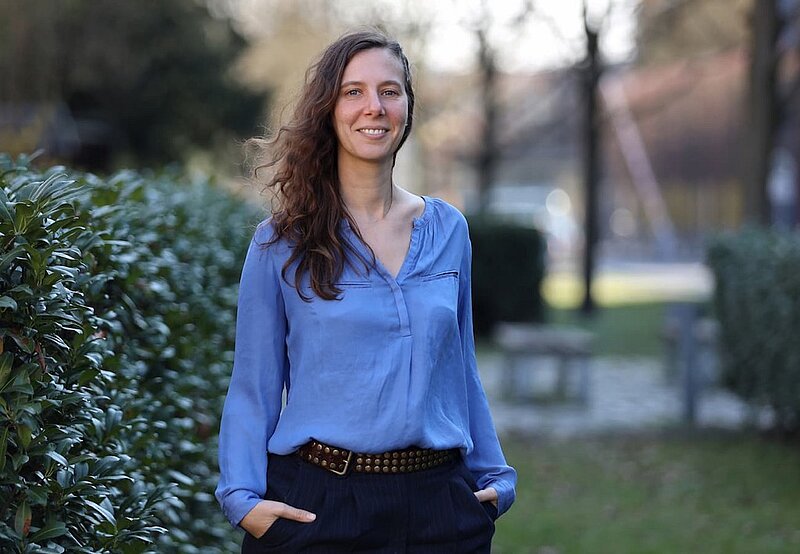The International Human Frontier Science Program Organization (HFSPO) has announced the 2025 winners for the Research Grant applications. Rita Mateus, a research group leader at the Max Planck Institute of Molecular Cell Biology and Genetics (MPI-CBG) and at the Cluster of Excellence Physics of Life (PoL) at the TU Dresden, received one of the prestigious and competitive Early Career Grant together with two international collaborators: Noemi Jimenez-Rojofrom the University of the Basque Country in Spain and Viviana Monje from the SUNY - State University of New York in the USA. With their joint project “MetaCrystal: Metabolic principles of intracellular crystallization,” the international team of researchers aims to explore what is the role of the lipid membrane that encloses guanine crystals inside cells. These crystals are widespread intracellular inclusions that many living organisms produce to fulfill a variety of essential organismal functions.
Early career grants and program grants are awarded to teams of two to four scientists, at any stage of their careers, who embark upon a new collaborative project. HFSP Research Grants support innovative basic research into fundamental biological problems across national and disciplinary boundaries.
"Living systems make guanine crystals for different reasons, like making them to be more sensitive to light (crustaceans) or changing the color of their skin (chameleons). The zebrafish also forms crystals in specialized cells, leading to its brilliant colorful patterns. In our project, my collaborators and I want to find out how this process occurs, considering an essential, but so far unexplored, structure: the lipid membrane that surrounds each crystal”, explains Rita Mateus, who is also an appointed DRESDEN-concept research group leader. Using techniques like CRISPR-Cas9, mass spectrometry, and molecular modeling, the researchers will investigate crystal formation in zebrafish and cell cultures. The results could facilitate the development of therapies to treat diseases where aberrant crystallization occurs, such as kidney stones and gout. The team also plans to contribute new protocols to synthesize organic crystals for a variety of applications in the areas of optics and material science.
The 2025 HFSP Research Grants span the entire spectrum of life science research across the 30 Research Grants and 12 Accelerator Grants that include 104 scientists representing 30 nations. Each grant will last for three years and on average, each award is for $400,000 USD per year. For their awards, the HFSP seeks scientists who form internationally, preferably intercontinentally, collaborative teams, who have not worked together before. In this regard, HFSP fosters frontier research and science diplomacy.
Congratulations to Rita and all the HFSP 2025 winners!
Learn more about the HFSP winners from their official press release on the HFSPO website.
